Call for Applications – Join our Mobile Video Contest #BomoaUkuta 2020 now!
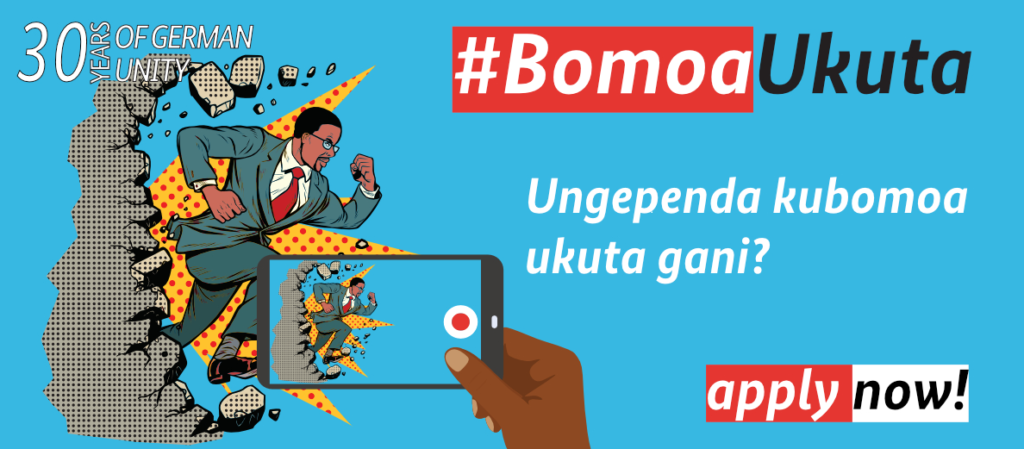
In 1989, the Berlin Wall was torn down in a peaceful revolution, opening up the way for Germany’s reunification and a free, more inclusive, liberal and progressive society in all of Germany. This was possible due to the great engagement and courage of many who came together in a vision to overcome the invisible political […]
OPEN LETTER TO PRESIDENT JOHN POMBE MAGUFULI ON CONCERNS OVER SHRINKING CIVIC SPACE IN TANZANIA
Thursday, 27th August 2020 H.E. HON JOHN POMBE MAGUFULI PRESIDENT OF THE UNITED REPUBLIC OF TANZANIA DAR ES SALAAM TANZANIA Dear Sir, REFERENCE: OPEN LETTER CONCERNS OVER SHRINKING CIVIC SPACE IN TANZANIA Your Excellency, receive warm greetings from the rest of Africa. It is our hope that this letter finds you in the best of […]
Pamoja Tuangamize Corona Campaign comes to a close
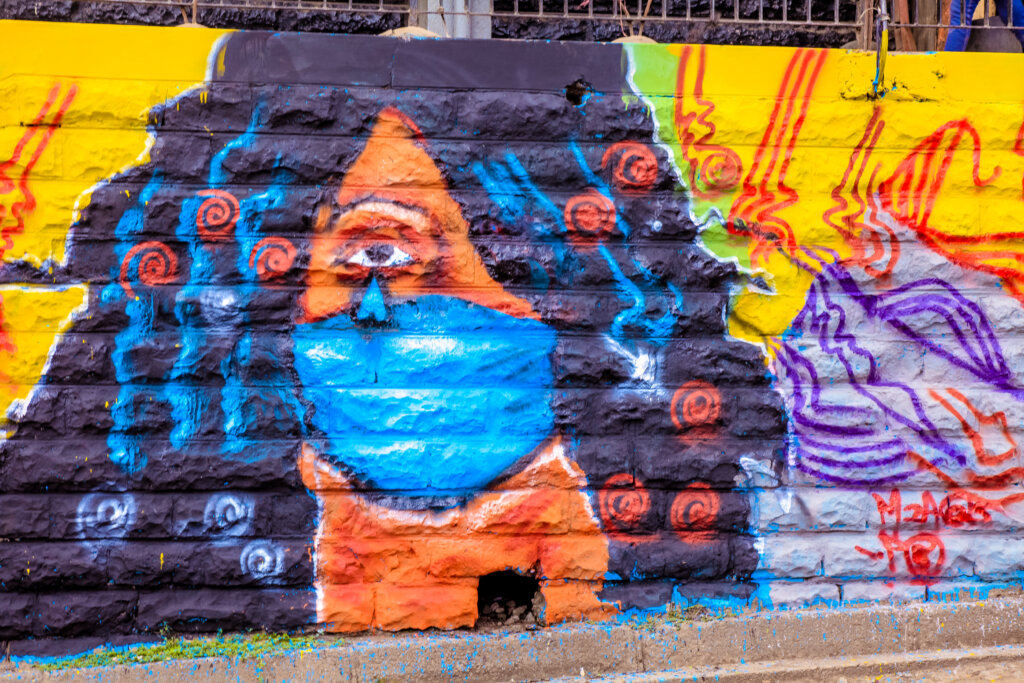
Defenders Coalition partnered with the Social Justice Centres Working Group and the German Agency for International Cooperation (GIZ) in a project dubbed Paomoja Tuangamize Corona Campaign that was implemented throughout the month of July. Figure 1.1 Grafitti and murals erected on strategic wall in different regions across communities to create […]
Appreciation statement for mass funds drive for bail processing during #SabasabaMarchForOurLives 2020
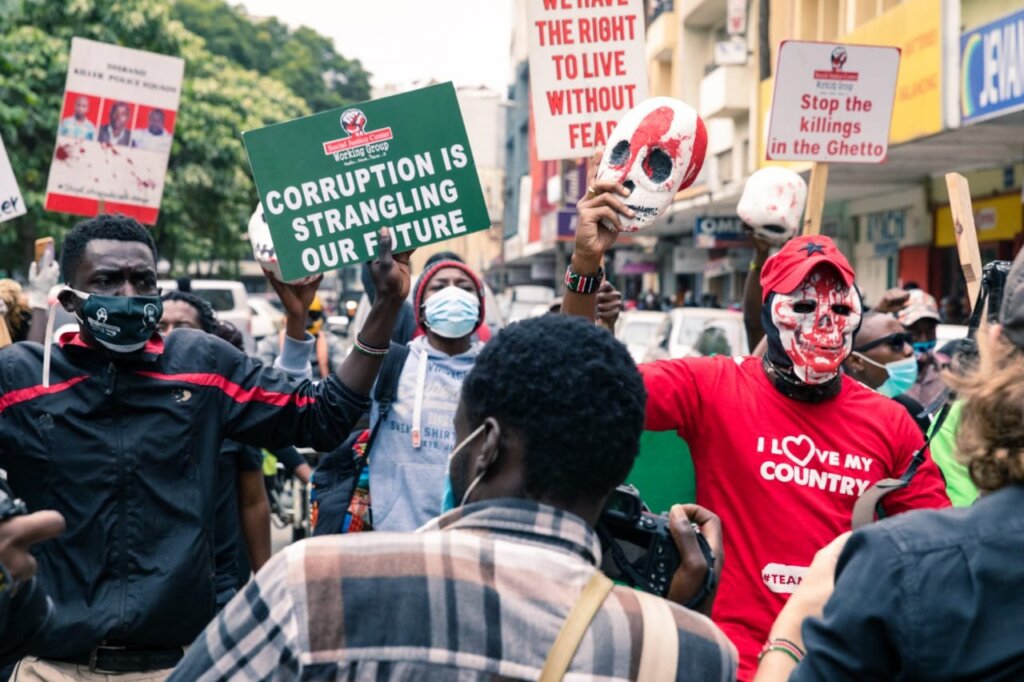
Appreciation statement for mass funds drive for bail processing during #SabasabaMarchForOurLives 2020 Defenders Coalition appreciates the hundreds of Kenyans and friends of Kenya who contributed to the mass funds drive- bail processing kitty for human rights defenders who were arrested during the #SabasabaMarchForOurLives march on 7 July 2020. The arrested HRDs were commemorating […]
Celebration of the Resilience of Indigenous People during the International Day of World’s Indigenous People 2020.
Press Statement Nairobi, 9th August 2020 Celebration of the Resilience of Indigenous People during the International Day of World’s Indigenous People 2020. Today, the Defenders Coalition joins indigenous persons from around the globe to commemorate the International Day of the World’s Indigenous People. The Defenders Coalition is proud to be part of this marginalized community […]
Defenders Coalition joins grass root organization, young girls in fights against biting effects of Covid-19
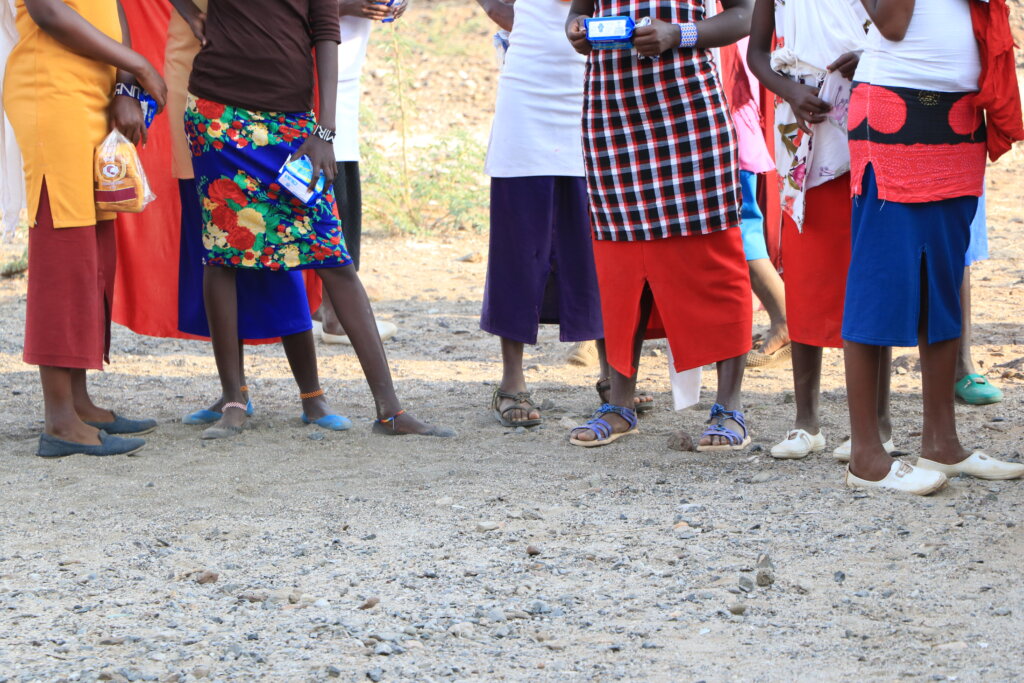
Defenders Coalition joined NASARU Women- a women-led grass root organisation to support the 2020-Interventions to Protect and Empower Girls (IPEG) During Covid-19 Mentorship Program in Magadi Ward, Kajiado County. The partnership also brought on board the Office of the […]
Status of human rights defenders in Kenya during the covid-19 Pandemic
STATUS OF HUMAN RIGHTS DEFENDERS IN KENYA DURING THE COVID-19 PANDEMIC BACKGROUND: Human rights defenders play a critical role in the society in the protection and promotion of human rights which is integral to the success of a nation’s growth. Human rights defenders work individually or in collaboration with others towards the realization of a […]
RELEASE JOURNALIST HOPEWELL CHIN’ONO SOLIDARITY STATEMENT BY SECURITY AND HUMAN RIGHTS ORGANISATIONS OF AFRICA
RELEASE JOURNALIST HOPEWELL CHIN’ONO SOLIDARITY STATEMENT BY SECURITY AND HUMAN RIGHTS ORGANISATIONS OF AFRICA 22ND JULY 2020 We, the security and human rights organisations from Africa, comprising of community based organisations (CBOs), grass-roots movements, women associations, youth movements, social justice centers, marginalized groups and civil society organisations (CSOs) from different parts of Africa, are saddened […]
BURNING OF 28 SENGWER HOMES IN EMBOBUT FOREST, ELGEYO MARAKWET
PRESS RELEASE BURNING OF 28 SENGWER HOMES IN EMBOBUT FOREST, ELGEYO MARAKWET, 10 JULY 2020 The following eight human rights and conservation organizations express grave concern over reports of ongoing forced evictions in Embobut Forest by the Kenya Forest Service (KFS). We are reliably informed that 28 homes with beddings and possessions were burnt in […]
2-month-old teargassed while sleeping during curfew operation
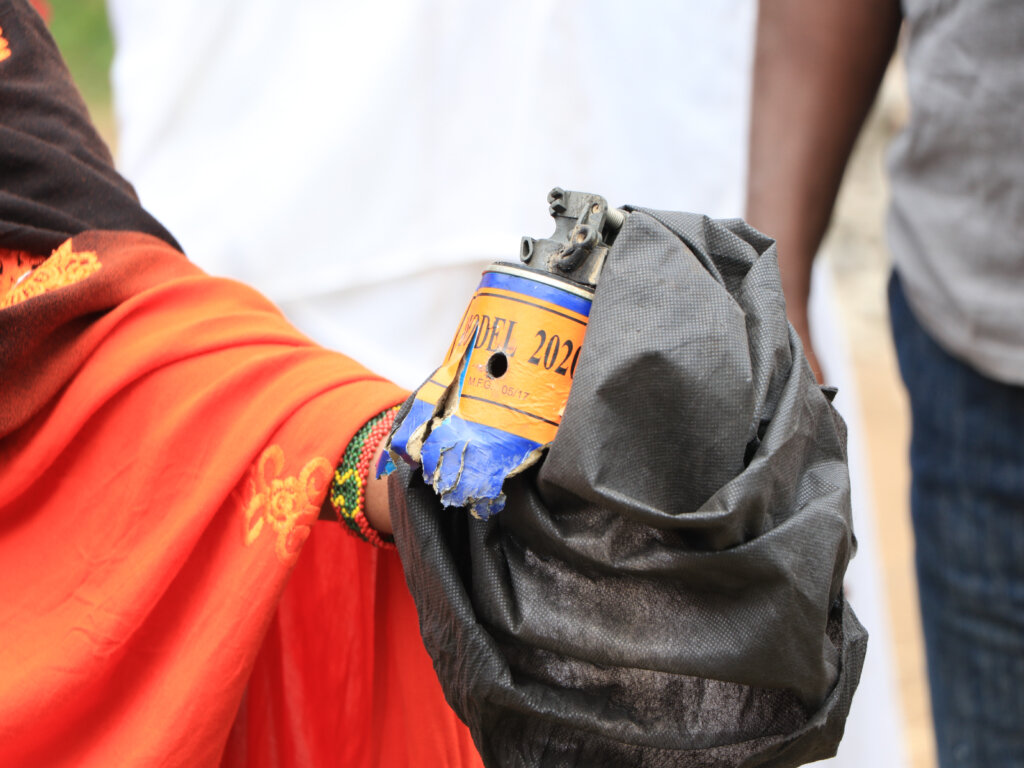
2-month-old teargassed while sleeping during Curfew operation A 2 moth old baby was placed under emergency oxygen therapy after a teargas canister launched by police officers during a curfew enforcement operation in Huruma area landed in her house where she was sleeping. Image:The exploded canister hurled by police into the house of Baby Asenath The […]


